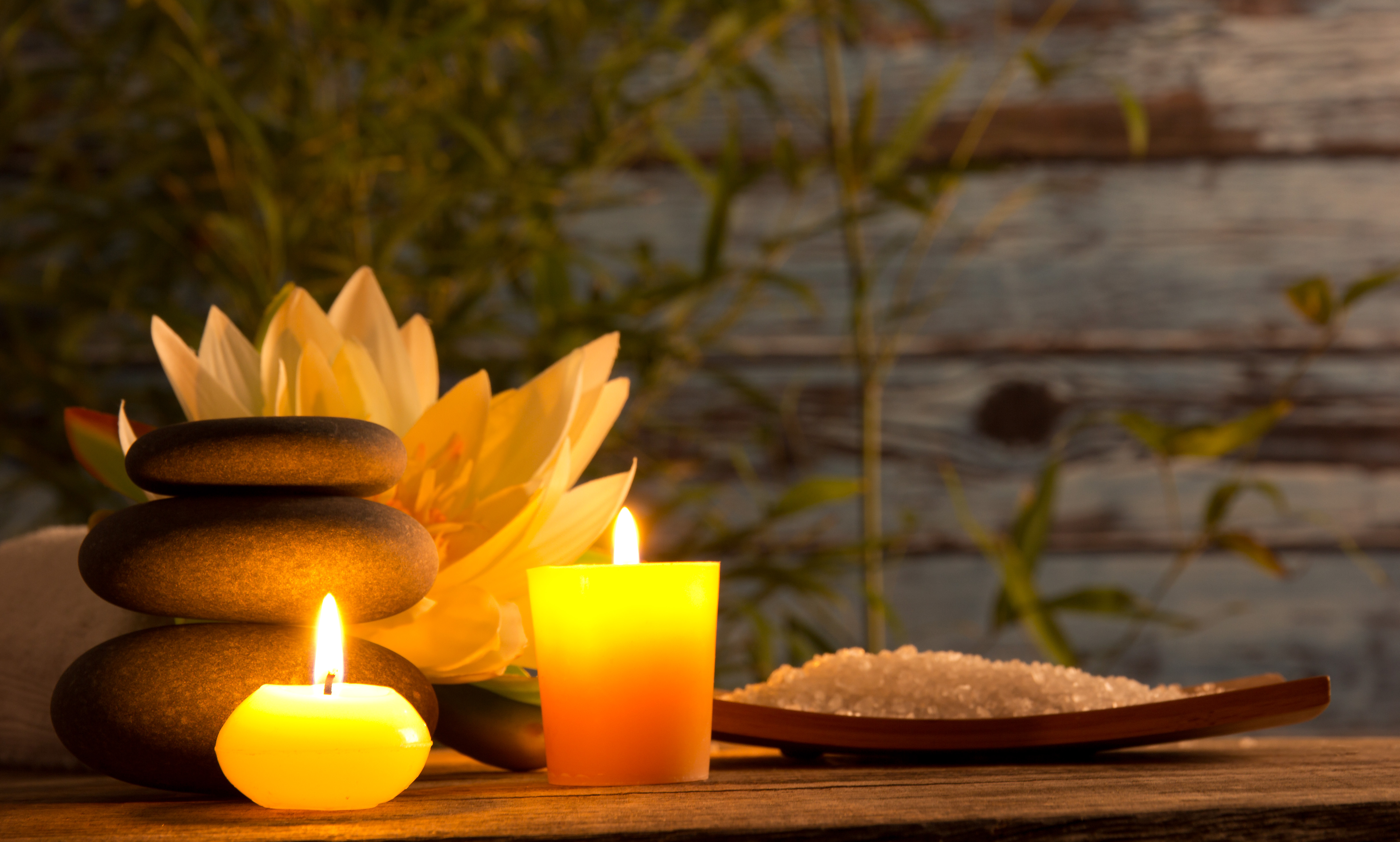But it doesn’t have to be that way.

Last night, I attended a Shamanic Drumming circle. It had been a few months since I had joined circle. When my friend Catherine mentioned the upcoming session, I didn’t hesitate — something inside me recognized the need for the soul-cleansing and inner-healing these sacred drumming circles bring to my psyche.
It was the black dog.
I knew that spending two hours in a sacramental environment listening to our Shaman teachers speak of shedding, soul-growth and revitalization would provide the perfect outlet to get away from myself; away from thought, feelings and the depression shadowing me.
I have battled bouts of depression in the past as well as anxiety on occasion. As much as I have tried to deny how I’m feeling is as much as it produces feelings of failure — admitting to a decline in happiness seems to equate with being an epic screw-up.
The thing is, I know better. I know how to identify the triggers. I have studied philosophical teachings offered by the great ancient masters of Buddhism; Stoicism; Shamanism and the like. I have spent years learning, practicing and seeing the results produced by raising my awareness through meditation and deliberate pondering, as well as the benefits achieved by controlling my thoughts.
Yet, I am still not immune to depression. Have I failed in my quest for inner-peace and happiness? Did I do something wrong?
Honestly, it is my belief that not many of us manage to avoid experiencing some form of mental dysfunction during our lifetimes — no matter how aware we become or how informed we are. Especially in this day and age.
There is so much going on all the time. Lifestyle has become a fast blur. People have become disconnected; replaceable. We treat one another as if exchangeable goods, never really seeing or acknowledging the precious soul behind the flesh. Never really holding one another.
Internet-based relationships for business and social purposes means we are able to engage with others without actually becoming invested in their authenticity. It means we can pretend that the person on the other side of the screen isn’t real. Feelings become invalidated; people become a dime-a-dozen and avoiding the hook is as easy as deactivating your account or hitting the “block” icon.
Only the joke is on us.
We are losing sight of the importance of connection. Our sense of self becomes tainted by behaving like strangers, ditching good manners, ghosting and treating others less than they deserve.
Where is the organic connection? Where is the love?
Writers are among the most prone to depression, but I wasn’t always a writer and I’m not sure that I was always prone to depression. I’ve always had a solid grasp on my feelings for the most part.
The writing life does something to you. It changes you. We delve into the deepest parts of ourselves, get vulnerable and share our inner-most layers with the world. Writing becomes a channel of self-discovery; a passage of growth and exploration. Sometimes, we soar. Other times, we bleed.
Creating stories has the ability to make you fly.
It is when I am working on my fiction that I’m at my happiest. Yet, there are so many elements about the writing business that can leave us feeling utterly deflated.
Kay Redfield Jamison, who is a professor at Johns Hopkins School of Medicine in Baltimore and author of Touched with Fire: Manic-Depressive Illness and the Artistic Temperament has reported that writers experience depression more often than non-writers.
It is thought this is due to several reasons.
For one, some writers desire to be familiar with misery, suffering and pain to guide the writing process and give their work authenticity. They may have not experienced the deep sense of trials and tribulations as their characters, so they seek to gain insight by manifesting similar emotions.
Extended hours of isolation, lack of exercise and natural light is another factor to influence depression in writers.
There is also the emotional roller coaster associated with rejection, which is an element familiar to just about every writer — Rejection in the form of editor’s, publishers, agents, readers and peers.
Clinical psychiatrist Alan Manevitz says: “A large part of a writer’s success depends on how other people think of him or approve.”
How many times have you emailed another writer who is further along the path than yourself only to be ignored?
And all you said was thank you.
How often has one of your peers deliberately inserted a subliminal swipe at your work or future project ideas? How many times have you read some trivial heated debate among writers on social media, or heard authors in a position of influence publicly slam the works of others?
I am not sure how success has assimilated a superior attitude.
I don’t understand why some people behave in ways that breed contempt.
I cannot fathom why we feel the need to judge, ridicule or perceive a sense threat toward one another when we’re all in it together — there are readers aplenty. There are words abundance. Limitation is an illusion.
So is separateness.
They say that depression lies in the past; anxiety waits in the future. But I think those blue feelings can strike for other reasons as well. Sometimes, even the thickest skin becomes porous enough for negativity to seep through. Sometimes, people and situations hurt like hell.
If only members of the writing community could see past their own egos long enough to get real, we might be able to hold and support each other long enough to feel the authenticity on the other side of the screen — to acknowledge that the person beyond the screen is a real human with real feelings.
Last night, my Shaman teacher concluded the circle by suggesting we all hug each other. My first reaction was to baulk at the idea. I’m not a hugger of strangers, even when bonding over a sacred alter and making medicine together.
Yet, as the other circle members approached me with their arms wide open and I stepped into their embrace, I realized how symbolic the gesture was and found myself in a state of appreciation — acts of kindness and affection go a long way to healing the invisible threads connecting us.
We may not be able to physically embrace all of the time, but our energy is as tangible as anything in the physical world. Perhaps if writers practiced hugging one another on the energetic level instead of looking for ways to get outraged or feel threatened, our community will become less hostile and more loving; more supportive.
Even if it stretches our comfort zone. Especially if it stretches our comfort zone.
Also published by Curiosity Never Killed the Writer via Medium






